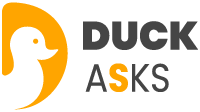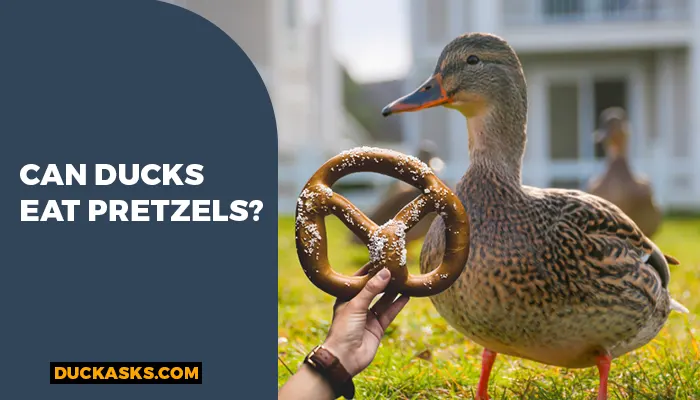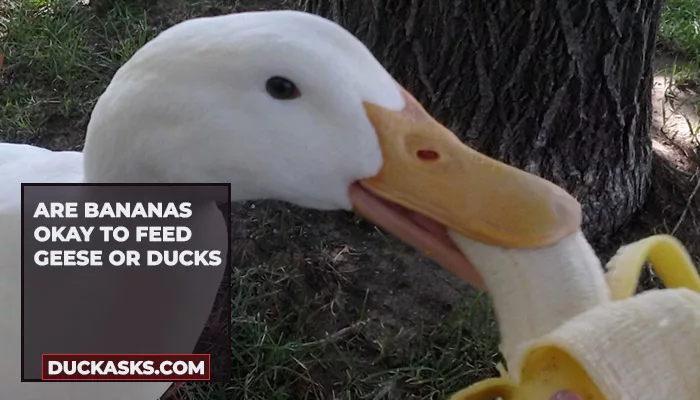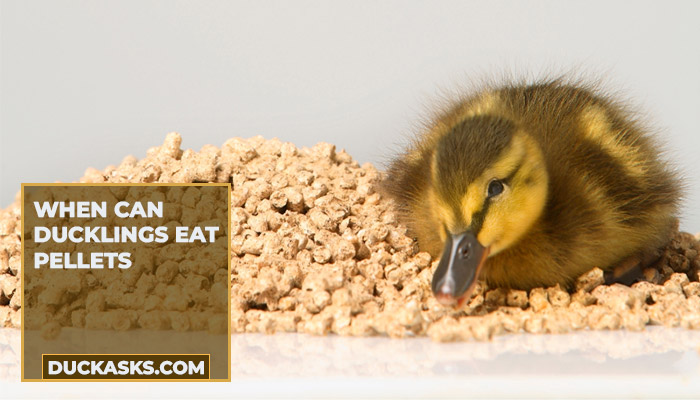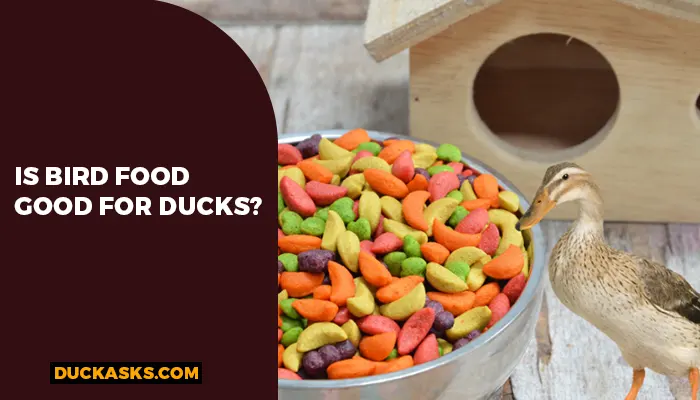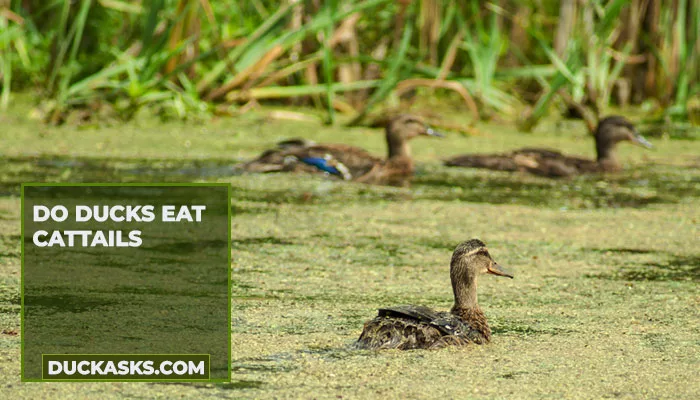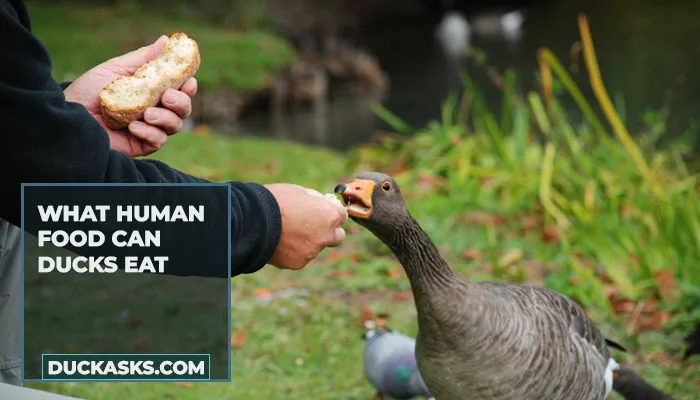Are Plain Cheerios Safe for Wild Ducks to Eat?
Generally speaking, most cereals should be kept away from ducks. Cereals are mostly very high in sugar and have additives that can harm ducks and their digestive system.
A duck’s diet mostly consists of water vegetation and grains such as oats which cereals these days consist very little of.
However, are plain cheerios safe for wild ducks to eat?
Yes. As with any form of food, its nutritional value is important. It’s fine to feed your duck cheerios so long as you provide the treat in small quantities.
Providing cheerios in large quantities or giving the freedom to your duck to consume them at its own convenience may have detrimental effects on the health of the duck.
Junk food can cause ducks to have severe problems with their digestive systems. This may lead to seizures and even nervous system problems.
Read more about ducks food:
What Is the Nutritional Value of Plain Cheerios?
Contrary to what people might think, ducks actually prefer soggy cheerios to dry, crispy ones. Regardless of which, the nutritional value is a matter of concern when providing such treats to your ducks or ducklings.
Cheerios come in a variety of flavors and colorful packaging. But if we were to talk about just plain cheerios, they consist of whole grain oats, corn starch, sugar, and salt along with additives like tripotassium phosphate and vitamin E for longer shelf life.
Nutritional Label Behind the Packaging
All food items have a label on the back that provides near perfect measurements of what ingredients are used and a vague sense of what nutritional value they provide.
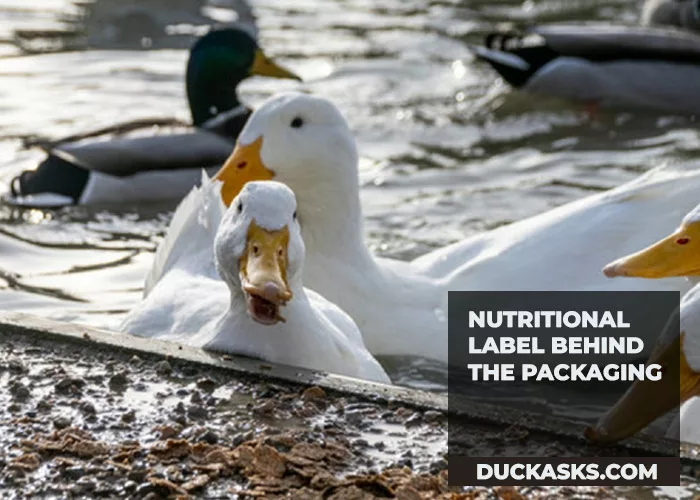
However, it is important to know what these values are when it comes to your duck’s diet or else they might become seriously ill.
1. Carbohydrates
Cheerios are extremely high in carbohydrates. Every 39-gram serving of cheerios contains about 29 grams of carbohydrates, meaning it makes up about 74% of the whole serving.
2. Protein
Cheerios also lack in the protein department, with every 39-gram serving containing only 5 grams of protein. That comes to a total of 12.8%, which means that the nutritional requirement of protein will not be met if provided with only one serving.
3. Fat
The same serving has 2.5 grams of fat, of which 2 grams are unsaturated, and 0.5 grams are saturated. This makes up about 6.4% of the serving.
4. Calcium
Similarly, Cheerios are also not a good source of calcium. One serving contains 139 mg of calcium which makes up about 0.33% of the serving.
Calcium is essential for the growth of any living creature that has bones. This is to support their structure and the type of lifestyle they lead.
Ducks require around 0.65 to 2.75% of calcium, which means it is best not to rely on cheerios for this.
5. Iron
Cheerios are very dense in iron. A typical duck requires about 80 mg per kg of iron in their diet.
Per serving of cheerios, 12.6mg of iron or 323 mg per kg. That is way beyond what is safe for consumption for a duck.
You don’t want to overload your duck with iron like that!
6. Vitamin D3
Similar to iron, cheerios are very heavy on vitamin D3. Per serving has 80 IU, which translates to 2051 IU per kg of cheerios.
Ducks only need about 400-900 IU. This means feeding your ducks the wrong amount of cheerios could lead them to develop hypervitaminosis D.
7. Other Nutrients
The composition of cheerios also consists of Vitamin C, Vitamin A, Thiamin, Niacin, Pyridoxine, Zinc, Magnesium, and phosphorus.
These also play a role in contributing to cheerios’ nutritional value. However, these are merely listed as ingredients, and their composition is not revealed.
Hence, it’s hard to decipher what their actual impact is. But it’s safe to say that their composition is not mentioned because of their insignificance.
What Are the Benefits of Plain Cheerios for Wild Ducks?
In small and strict quantities, cheerios can be a decent means of health benefits to ducks. Regardless of the disproportionate nutritional distribution of cheerios, they can sometimes do wonders if used right.
Wild ducks are active birds, and the high carbohydrate content can help to provide them with the energy they need to go about their day.
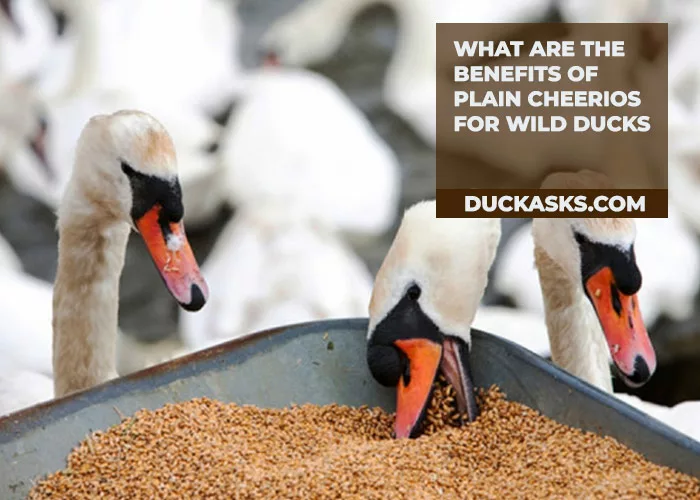
Minerals in the product can help with bone formation and enhances growth for ducks, quite possibly maximizing their size in the long run.
Vitamins in the right quantity can help the duck tackle reproductive issues. Vitamins in cheerios, such as B1 help to boost immunity and convert food into energy.
Vitamin D3 is required to convert the nutrients received by the duck into calcium for their bone development and also helps to make strong egg shells.
Are There Any Dangers Associated With Plain Cheerios for Wild Ducks?
Some cheerio flavors that are high in sugar content and other processing additives pose a bigger risk to ducks than plain cheerios. However, that doesn’t mean there aren’t any dangers to just plain cheerios either.
If you feed your ducks cheerios in disproportionate amounts, then it might cause them to develop immunity issues. They can also develop other diseases borne of excessive dosage of vitamins or lack thereof.
The same can happen from the consumption of unnatural amounts of other nutrients like protein and fat, which cheerios lack in excess.
Conclusion
Cheerios should only be provided over large intervals and in very small quantities as treats to ducks. The high dosage of iron, carbohydrate, and calcium and the low dosage of protein and fat could potentially cause your duck to fall ill if provided frequently.
Which may eventually lead to your duck becoming malnourished. Hence, it is important to be vigilant when providing such treats which are meant for humans.
Anyways, that’s it for this article. We hope you found the answers you were looking for. If you did, then a share would be highly appreciated.
Stay connected with us on Facebook, Twitter, and Pinterest.
Article References:
Image Credits:
